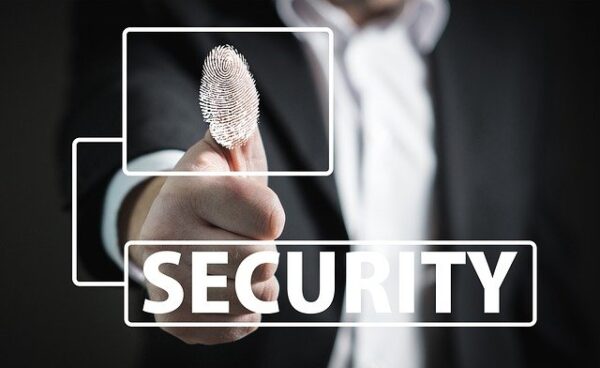To say the pandemic leveled the playing field for millions of businesses around the world would be an understatement. While some businesses thrived in spite of Covid-enforced shut-downs, still others experienced extraordinary setbacks or even closures. Thankfully, after two long years, things are starting to stabilize. Businesses are now reopening, and that means adjusting to the “new norm.”
Reevaluation is Necessary for Doing Businesses Today
For sure, doing business post-pandemic doesn’t look the same as it did prior to 2020. Therefore, it’s important for business owners and managers to reassess how employees, clients and customers operate in this “new norm.” To wit, many business managers are beefing up cyber security, and establishing stronger infrastructure as well as providing safer working or shopping environments within the business.
These are just a few tactics businesses are implementing to prevent pitfalls in the event shutdowns or production delays may rear their ugly heads in the future. Here are a few more ideas on upgrading business security practices to better prepare for reopening and the “new norm” in doing business today.
Get Full Control Over Business Offices
The pandemic has made a lot of businesses rethink the physical security of their offices and headquarters. As a result, many managers are opting for access control solutions, which give them full control over who may enter or exit the building. Not only do cloud-based access control systems give businesses the ability to monitor physical traffic, it provides a much-needed safety feature in the event of emergencies.
From automating door locks, to keeping employees safe during fire-drills, an automated access system can be a life-saver for employees and business productivity. Furthermore, getting a business office access security plan in place can be a huge protection against theft or other outside threats that the “new norm” is forcing business owners to consider now more than ever before.
Prepare for Potential Data Corruption and Cyber Attacks
Regrettably, phishing, cyber attacks and hacking is just as big a threat today than it was before the pandemic hit. In fact, according to cyber security statistics, 60% of businesses fall victim to cyber attacks that ultimately result in business closings. Additionally, 43% of cyber attacks are focused on small businesses. These sobering statistics spell out the obvious – fortifying cyber security is crucial for any business.
Therefore, business owners are vamping up antivirus practices on their systems. They are also looking into obtaining dedicated IPs, utilizing more reliable data backup tactics, securing internet connections with reinforced firewalls and encryption tools, etc. As businesses are anticipating more activity in the office, more attention must be paid to computer and internet security to prevent hacks or system failures.
Software Upgrades for Better Security
When employees are returning to the office, the last thing any business needs is outdated or ineffective software. In truth, obsolete firmware and software can cause even more setbacks to work productivity, which can exacerbate the challenges experienced in the aftermath of the dark days of Covid shutdowns.
Businesses can quickly get back in the swing of the “new norm” by ensuring all software is current, and functioning properly to avoid further hindrance to business growth. Additionally, businesses must make sure their antivirus software is working properly and all the latest upgrades are made. Making these upgrades to software and firmware can make all the difference between overcoming pandemic hardships and succeeding, or experiencing more delays and mishaps in the future.
Check Your Remote Workers Security Practices
While more and more workers are returning to brick-and-mortar offices, there is still 76% of the workforce that would prefer to work from home even after the pandemic restrictions have been lifted. Many employers are opting to keep the remote work structure in place. Or, they are choosing to implement a hybrid work week in which workers perform duties partially from home offices and partially from physical office headquarters.
With this mind, business owners and managers need to scrutinize remote worker security systems to ensure ultimate safety for data and business assets. For instance, virtual workers should never use public WiFi. Instead, they should always log into business databases using a secure internet connection to avoid viruses or cyber attacks. Employers should also encourage remote workers to have strong antivirus software on home computers used for work. Additionally, home-workers should always change passwords regularly.
Consider Hiring a Consultant
If you are a business owner or manager, you might not be fully aware of some of the potential security risks the post-pandemic era might pose for your company. If so, you may want to consider hiring a business consultant that specializes in safeguarding company assets against cyber threats or security breaches when adapting to the “new norm” of business. Additionally, consider hiring a consultant who specializes in helping businesses better transition into this post-pandemic era of doing business in this unprecedented time in history.

